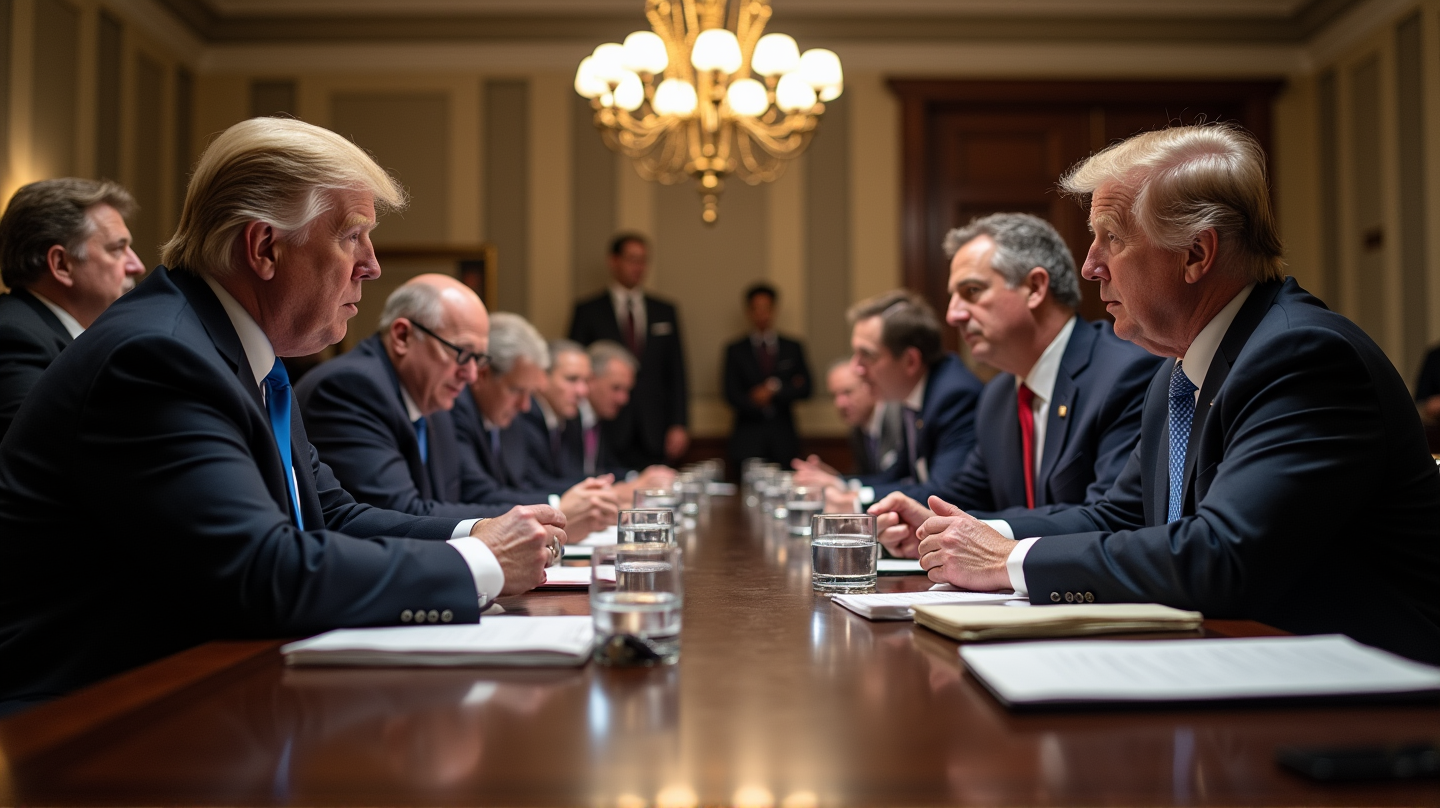Shutdown's Ripple: Health Services in Peril as Political Showdown Intensifies
With Democrats and Republicans at a stalemate, a government shutdown threatens vital health services. Who will compromise first to end the impasse?

In the hallowed halls of Congress, tension is palpable. The clock struck midnight on October 1, and federal funding was no more, plunging the nation into a shutdown that has become more than an annual political spectacle. This time the consequences are dire, with health services caught in the crosshairs.
The Partisan Deadlock
With Democrats and Republicans at an impasse, the stalemate primarily revolves around healthcare funding. A razor-thin GOP majority in the Senate binds any decision to a bipartisan agreement, yet neither side blinks. The central issue? The Affordable Care Act (ACA) and its subsidies that hang by a thread.
Despite previous expansions, the looming end of enhanced ACA subsidies threatens millions with higher premiums. Democrats demand renewal, while Republicans urge caution, leading Senate Minority Leader Chuck Schumer to voice strong critiques of the GOP’s healthcare resolve. On the flip side, Senate Majority Leader John Thune accuses Democrats of holding funding hostage, adding layers to the already complex political chessboard.
National Health Services in the Crosshairs
The shutdown freezes countless nonessential federal functions, the ripple effects spreading far from Washington, D.C. Health service workers, already reduced under the Trump administration, face furloughs while the intricacies of Medicaid and Medicare coverage endure unforeseen challenges. According to KFF Health News, government stalemates have historically caused significant damage to public trust and institutional coherence.
The Bid for Subsidies
The Democrat-led push to extend ACA subsidies meets Republican resistance. As ACA enrollment nears, health insurance providers brace the public for double-digit rate hikes. The impending financial squeeze looms over millions, heightening partisan rhetoric where compromise seems elusive.
Senate negotiations hint at potential policy alterations, yet the tug-of-war style negotiations have kept significant resolutions at bay. Republican factions show willingness for subsidy extensions but demand reforms, illustrating a delicate dance of obligations and opportunities within the legislative stalemate.
The Ripple Effect Beyond Health
Beyond health programs, federal shutdowns stall other initiatives like FEMA’s long-term disaster projects and research endeavors at NIH. Staffing cuts cripple response teams, while food and drug oversight teeters on delays, exacerbating public concern.
The Political Gamble
With ACA subsidy deadlines fast approaching, Democrats and Republicans eye the fallout impacts, hoping leverage will sway negotiations. Both sides charm public opinion, fortifying their causes in a high-stakes political showdown reminiscent of a strategic gambit layered with deep societal stakes.
In this precarious moment, the challenge remains: to manage not just the health of governance but also the well-being of millions reliant on its functionality.





